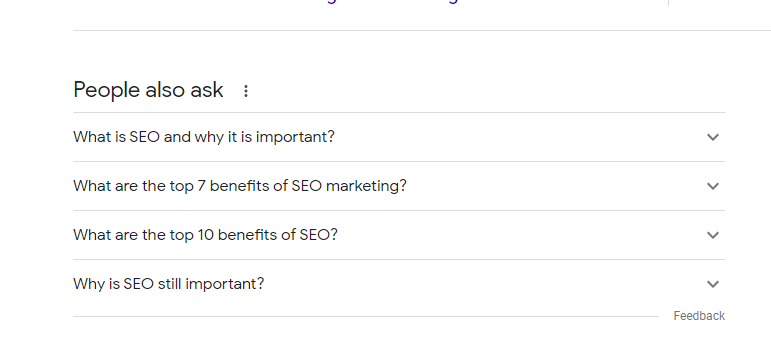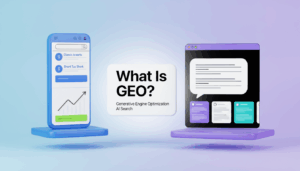August 2023, CA, USA – This week, in an announcement written by John Mueller through its Webmaster blog, Google announced it is making some important changes to how HowTo and FAQ-rich results are shown in search results. These changes are being made to provide a cleaner and more consistent search experience for users, and they will have a significant impact on SEO strategies for CMOs and digital marketers. Many SEO Experts think that this will affect things like position 0, the knowledge panel, and “People also ask” – even though there’s no evidence of that yet.
Table of Contents
ToggleWhat specific SEO Strategies are Affected?
In its blog post, Google stated”
“For site owners, these changes primarily affect the use of FAQ and How-To structured data” and “Going forward, FAQ (from FAQPage structured data) rich results will only be shown for well-known, authoritative government and health website”
Source: Google Webmaster Blog
It’s not clear why Google says that this will affect strategies that only use Schema or if the entire FAQ is being relegated to Government and Healthcare sites only. This seems very reminiscent of the COVID takeover screens during the pandemic.
Notes: We don’t expect the “People Also Ask” or “Knowledge Panel” to change very much. The wording of this update sounds very much like it will affect important updates and to prevent the spread of misinformation, especially related to public health concerns, like a pandemic.
Google People Also Ask
The People Also Ask is also known as the Google FAQ panel

Key changes to FAQ Schema for SEO Results
- FAQ-rich results will only be shown for well-known, authoritative government and health websites. This means that if your site does not fall into one of these categories, your FAQ-rich results will no longer be shown regularly in search results. This is a significant change, as FAQ-rich results can be a valuable way to improve click-through rates (CTRs) and rankings for relevant queries.
- How-To rich results will still be shown for all sites, but only on desktop devices. This means that if you are using a mobile device, you will no longer see How-To rich results in search results. This is a smaller change, but it is still worth noting, as How-To rich results can be a valuable way to improve CTRs and rankings for relevant queries on desktop devices.
What does this mean for CMOs and SEOs?
These changes will have a significant impact on SEO strategies for CMOs and digital marketers. Here are some things to keep in mind:
- If your site does not fall into the well-known, authoritative government or health categories, you will need to revise your SEO strategy to no longer rely on FAQ-rich results. This may mean focusing on other types of rich results, such as local business or product-rich results.
- If your site targets mobile users, you will need to revise your SEO strategy to no longer rely on How-To rich results. This may mean focusing on other types of rich results, such as image-rich results or video-rich results.
- You will need to keep an eye on other changes that Google makes to rich results in the future. Google is constantly making changes to its algorithms, and it is important to stay up-to-date on these changes in order to ensure that your site is optimized for the latest search trends.
Overall, these changes are a reminder that Google is constantly evolving its search algorithm. CMOs and digital marketers need to be prepared to adapt their SEO strategies accordingly to keep their sites ranking high in search results.




